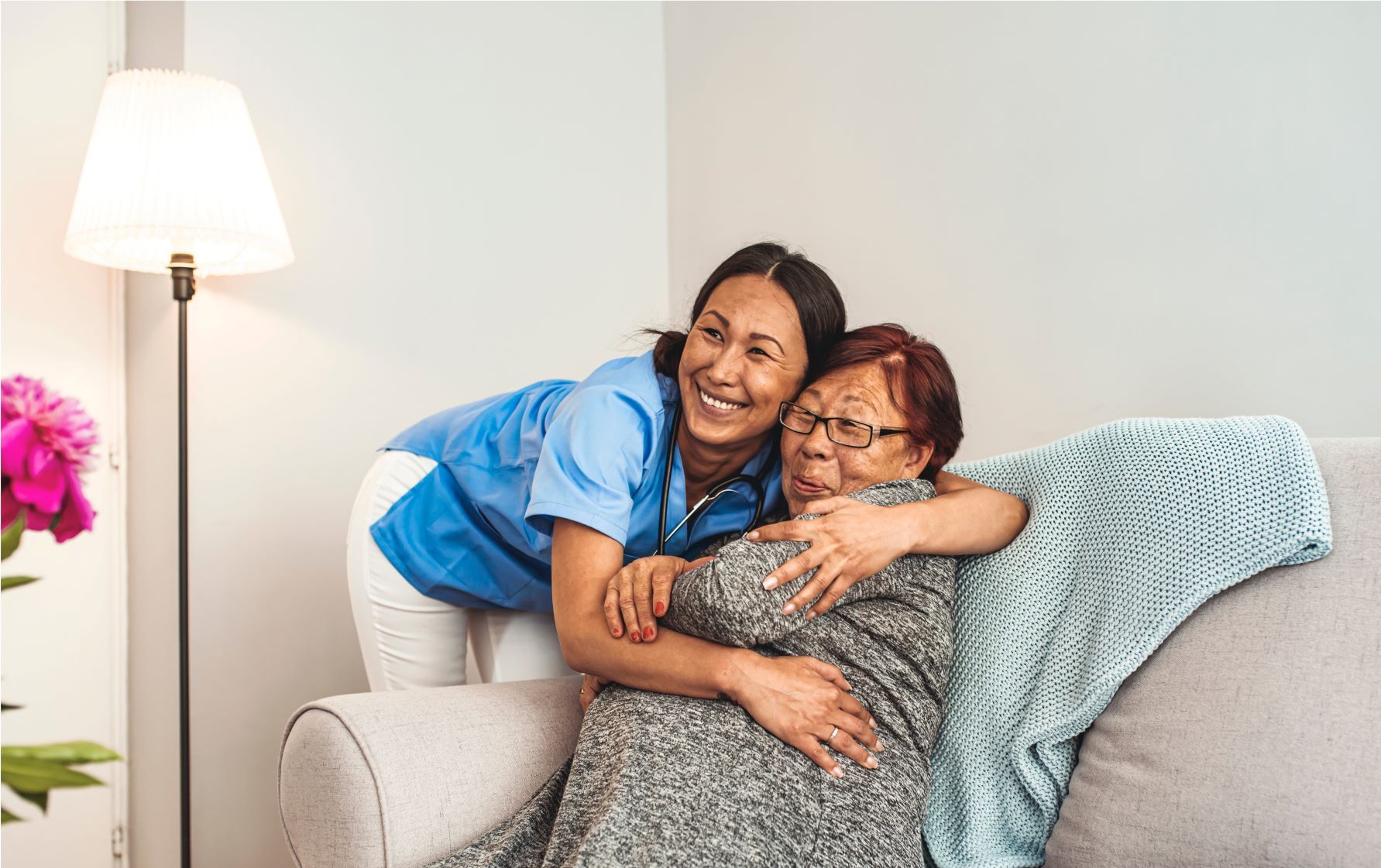 23rd November 2020
23rd November 2020
GP Practice Providing Free Therapy for Patients
When Angela* took up her role as mental health nurse at a rural GP practice a year ago, there was no budget to refer patients for counselling.
She undertook ‘a lot of research on services available in New Zealand’ and found Just a Thought came out on top in terms of evidence, effectiveness and a robust framework based on CBT (Cognitive Behavioural Therapy).
After doing the courses herself, Ange jumped on board and was soon referring her patients to the lessons.
‘People were coming to me because they were depressed or anxious, and they would say “Thank God there’s something I can do”. It gave them a lot of options. They said it was simple to use, they really liked the resources and it got them “thinking about their thinking”,’ explains Ange.
Perhaps surprisingly, many patients preferred the online format to traditional therapy: ‘It means they don’t have to worry about liking the counsellor or being face-to-face.’
‘Patients say to me, “I finally understand the way I was thinking, and what I was going through was normal”.’
A patient Ange met when she first began working at the medical centre still stands out in her mind—he came to her in an agitated state, after being on the wrong medication and without support for six months. He didn’t meet the referral threshold, but Ange knew he needed help straight away.
As well as wrapping other supports around him, she referred him to Just a Thought courses. A peer support person called him daily to encourage him as he worked through the lessons. ‘He told me the courses were really useful, and he carried on working through them for 12 months,’ recalls Ange. ‘He did all the hard work and now he’s amazing.’
The online therapy courses also helped Ange work with patients in a holistic way. ‘For example, when I have new mums come in for their baby’s six week immunisations, I talk to them and say, “Baby is fine, but how about you? How is your mood? Are you feeling isolated or anxious?” I then refer them to the courses.
‘A lot say it helped them not feel so alone, it addressed their anxiety, and they were even telling other people about it.’
Another issue that Ange says comes up a lot with patients is trouble with sleep. CBT is an evidence-based approach that can be used for insomnia, by helping ease anxiety.
I have new mums come in for their baby’s six week immunisations, I talk to them and say, “Baby is fine, but how about you? How is your mood?
As patients work through the lessons, it has given Ange a great opportunity to encourage and affirm them: ‘Patients say to me, “I finally understand the way I was thinking, and what I was going through was normal”,’ she says.
“One of my favourite things from the courses, that I always quote is: “Talk to yourself like you would talk to a friend”.’
*Name has been changed to protect patient privacy
